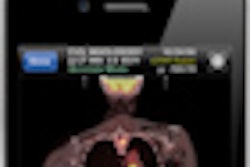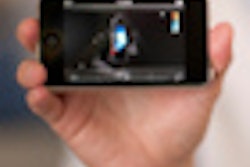Thursday, December 1 | 11:20 a.m.-11:30 a.m. | SSQ08-06 | Room S403A
A German research team has found that while irreversible compression has little impact on 3D volume-rendered images, it does adversely affect computer-aided detection (CAD) algorithms.
A team from Mainz University compressed 30 CT angiography (CTA) datasets and 30 MDCT lung exam datasets at ratios of 8:1, 10:1, and 15:1. They found that peak signal-to-noise ratio decreased with higher compression ratios, but no significant difference was found for other metrics of 3D CTA studies: high dynamic range visible difference predictor (HDR-VDP) and visual rating.
However, increasing compression ratios led to a deterioration of CAD results, producing more false-positive and false-negative findings.
"Further studies are needed prior to widespread use of irreversible image compression, and vendors should consider testing their algorithm with irreversibly compressed image data," said presenter Dr. Daniel Pinto dos Santos.



















